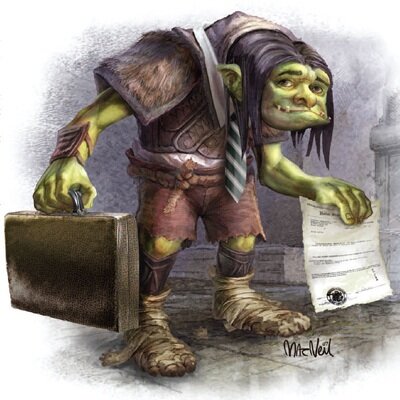Why do bad patents win?
 I will admit it. I was very disappointed to see that a Texas jury found Newegg liable for $2.3 million in a case brought by TQP Development. TQP Development is a "non-practicing entity," or patent troll. It is an entity that exists solely to enforce claims for patents that it controls. I am fundamentally opposed to these kinds of claims, especially as it relates to software.
I will admit it. I was very disappointed to see that a Texas jury found Newegg liable for $2.3 million in a case brought by TQP Development. TQP Development is a "non-practicing entity," or patent troll. It is an entity that exists solely to enforce claims for patents that it controls. I am fundamentally opposed to these kinds of claims, especially as it relates to software.
I know the arguments - patents ensure that those who do the groundbreaking work can reap the rewards of their ingenuity. Fewer people would fund R&D if they did not have the protection of patents. Even though companies like TQP appear to be no more than parasites on the living bodies of business entities, they are entitled to be paid for the use of these patents which they paid good and valuable consideration for. Sorry, none of these persuade me to feel the least bit sympathetic to TQP and other patent trolls.
Frankly, as much as I would like to think so, my own personal feelings are not determinative of whether a patent has been violated or not and what the damages are. Love them or hate them, the law is the law. What bothers me about cases like this is that very often the patents that are the subject matter of the lawsuit should never have been granted in the first place. There is prior use for many of these technologies and techniques that are the subject of the patents.
Continued
Recent Software posts | Software Posts Archive
-
How open data can keep us safe
-
Cupid Media gets shot by hacker's arrow
-
Upgrade Android to KitKat? Not so fast
-
AWS re:Invent showcases Amazon's cloud leadership
 Andy Patrizio
Andy Patrizio Marco Chiappetta
Marco Chiappetta Tom Henderson
Tom Henderson
 I will admit it. I was very disappointed to see that a
I will admit it. I was very disappointed to see that a 
